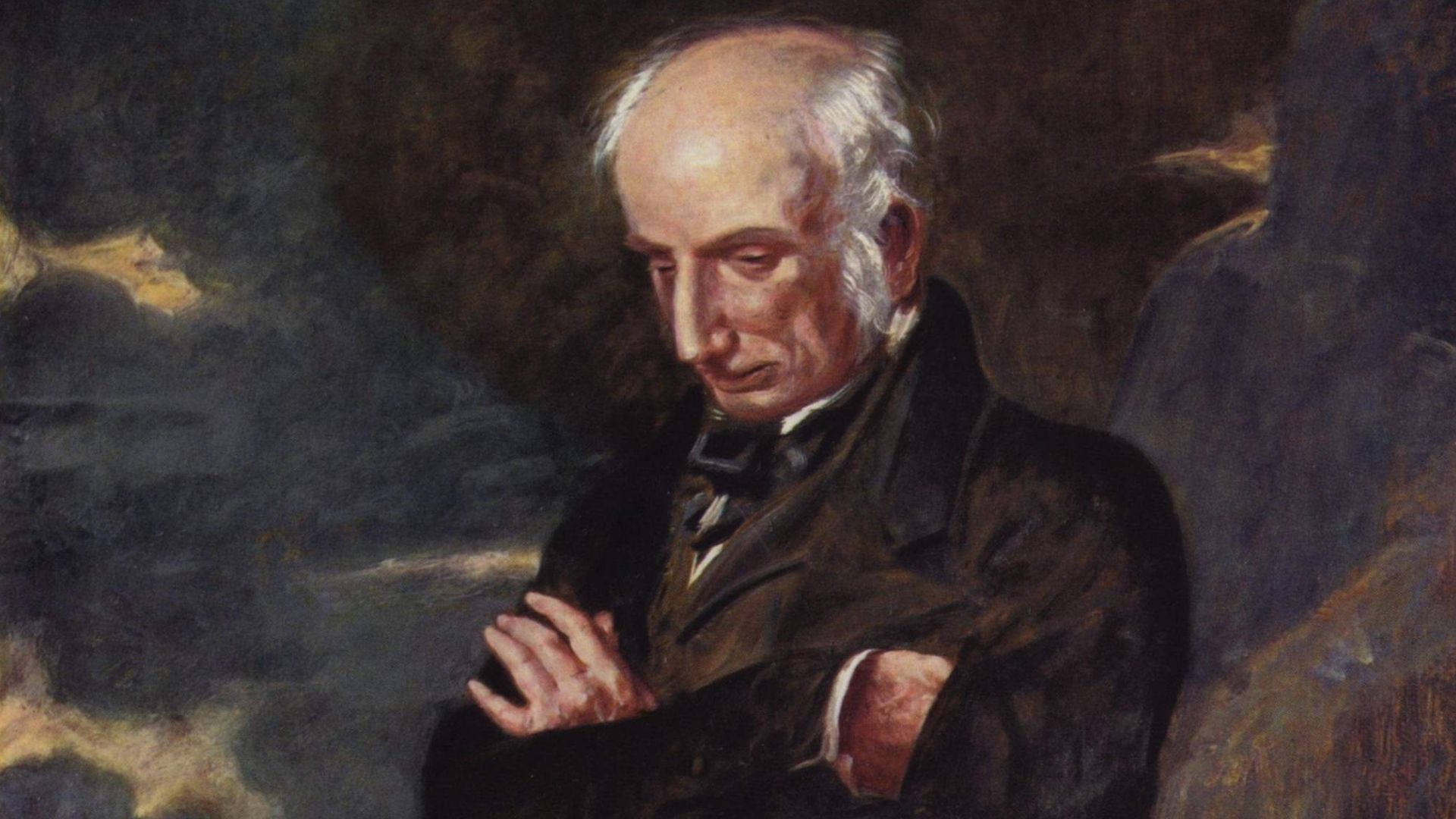William Wordsworth Biography
William Wordsworth (1770-1850) was an English poet who is often considered one of the founders of the Romantic movement in English literature. He was born in Cockermouth, England, and grew up in the Lake District, a region that would become the inspiration for much of his poetry.
Wordsworth began writing poetry in his early teens, and he went on to attend Cambridge University, where he became friends with fellow poet Samuel Taylor Coleridge. Together, they published Lyrical Ballads (1798), a collection of poems that helped to define the Romantic movement.
Wordsworth's poetry is characterized by its focus on nature and the inner lives of individuals, and his use of everyday language and vivid imagery helped to revolutionize the way that poetry was written and read. Some of his most famous works include "I Wandered Lonely as a Cloud," "Tintern Abbey," and "Ode: Intimations of Immortality."
In addition to his work as a poet, Wordsworth was also a social and political activist who advocated for radical change during a time of great social upheaval in England. He served as a member of Parliament and supported the abolition of slavery and other progressive causes.
Wordsworth died in 1850 at the age of 80. His work has had a profound influence on English literature and on the way that poetry is written and read, and his legacy as one of the greatest poets in the English language continues to be celebrated and studied today.
Wordsworth died in 1850 at the age of 80. His work has had a profound influence on English literature and on the way that poetry is written and read, and his legacy as one of the greatest poets in the English language continues to be celebrated and studied today.
Wordsworth fell in love twice in France: once with Annette Vallon, a young French lady who later bore him a daughter, and then again with the French Revolution. When he returned to England, he penned his Letter to the Bishop of Llandaff, a treatise in support of the French Revolutionary cause, but it was never published. Following the receipt of a bequest in 1795, Wordsworth moved to Alfoxden, Dorset, near Coleridge, with his sister Dorothy.
Who Was William Wordsworth?
He produced several of his most famous poems at this time, as well as traveling to Germany with Coleridge and Dorothy. In 1802, Wordsworth married Mary Hutchinson, and a year ago, the second and enlarged edition of the Lyrical Ballads was published. Wordsworth's most famous poem, 'I Wandered Lonely as a Cloud' was written at Dove Cottage in 1804. The poems 'Resolution and Independence' and 'Intimations of Immortality from Recollections of Early Childhood' were featured in Poems in Two Volumes, which were published in 1807.
He also formed new connections with Walter Scott, Sir G. Beaumont, and De Quincy during this time, produced poetry like "Elegaic Stanzas inspired by a Picture of Peele Castle" (1807). Also he had five children. In 1842, he was an award-winning poet and got a government pension the following year.
Wordsworth's poetry is still widely read today. Wordsworth's own remarks on the purpose of poetry, which he termed "the most philosophical of all writing" and whose aim is "truth...carried alive into the heart by passion," may best explain its virtually universal appeal.
Wordsworth married Mary Hutchinson, a boyhood friend, in 1802. His personal life became increasingly tough during the following few years. Dorothy had a mental breakdown, his two children died and his brother drowned at sea. Around the turn of the century, his political beliefs shifted, and he became more conservative. He was disillusioned by events in France culminating in Napoleon Bonaparte taking power.
Wordsworth As a Nature Poet
Wordsworth was called by Shelly “Poet of nature”. He, too, called himself “A Worshiper of Nature”. He held a firm faith that nature could enlighten the kindheartedness and universal brotherhood of human being, and only existing in harmony with nature where man could get true happiness.
Wordsworth died on April 23, 1850, and was buried in the graveyard of Grasmere.
I wandered lonely as a cloud
That floats on high o'er vales and hills,
When all at once I saw a crowd,
A host, of golden daffodils;
...
I marvel how Nature could ever find space
For so many strange contrasts in one human face:
There's thought and no thought, and there's paleness and bloom
And bustle and sluggishness, pleasure and gloom.
...
The world is too much with us; late and soon,
Getting and spending, we lay waste our powers:
Little we see in Nature that is ours;
We have given our hearts away, a sordid boon!
...
Lo! where the Moon along the sky
Sails with her happy destiny;
Oft is she hid from mortal eye
Or dimly seen,
...
Calm is all nature as a resting wheel.
The kine are couched upon the dewy grass;
The horse alone, seen dimly as I pass,
Is cropping audibly his later meal:
...
